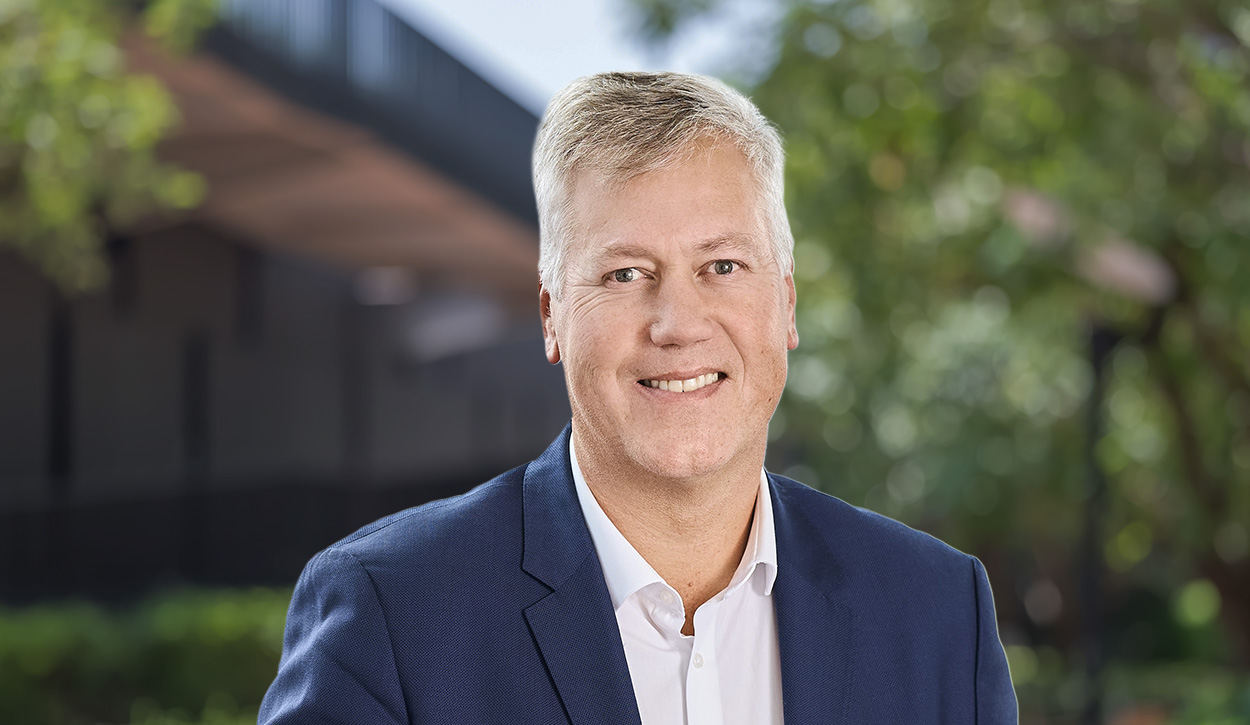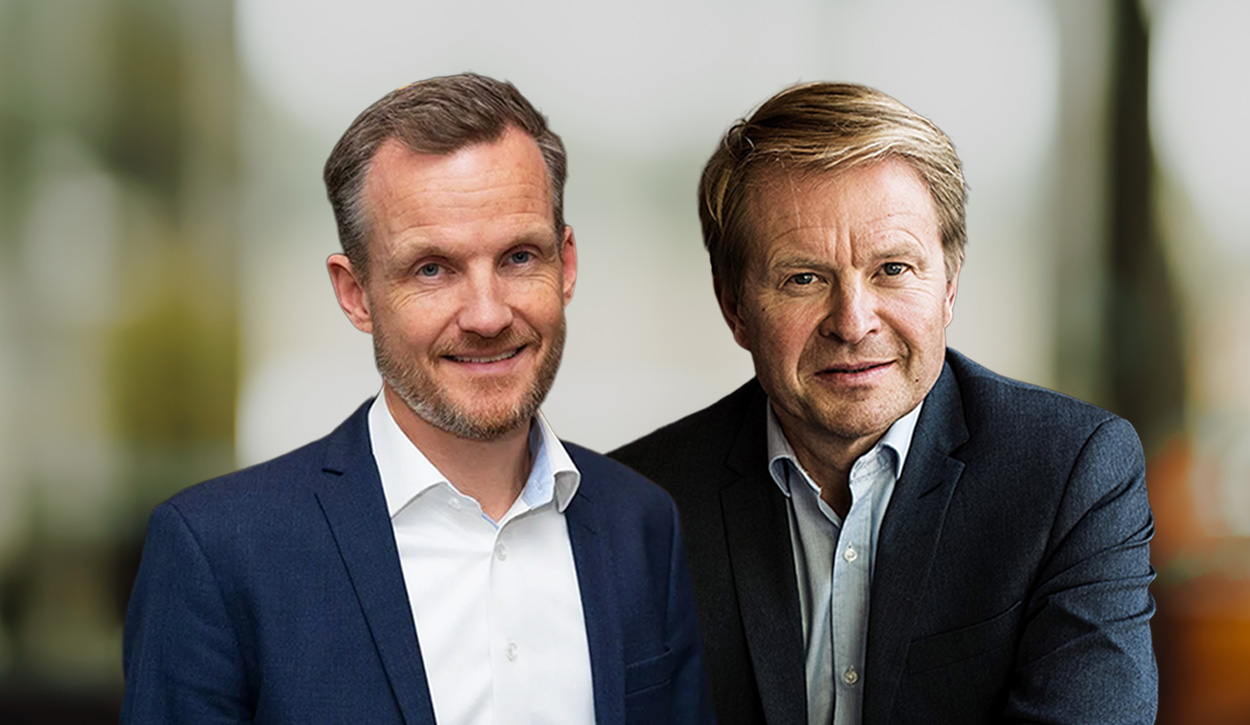“How would you run a whole economy without oil?” “If you could convert an entire country to electric cars…you could get a solution. “We are looking at the emergence of Car 2.0, a whole new market, a whole new business model.” “We have to make the right moral decision and we have to make it immediately. Because if we don’t, we will have lost our economy right after we’ve lost our morality.”If you were thinking that the above comments came from Elon Musk, CEO of Telsa, you would be wrong. Those quotes are from a February 2009 TED Talk by Shai Agassi, then CEO of Better Place. Agassi, an Israeli citizen, founded Better Place in 2007 with $200 million from enthusiastic investors. His mission was clear: to change the world by creating a new business model for electric vehicles. Just like Musk, he was extremely charismatic and told a compelling story. He started better place essentially as a side project while he was a young executive board member with Germany’s SAP, where he was on a track to become CEO. But Better Place became Agassi’s calling following a conversation with Israeli President Shimon Peres who challenged him: “What is more important than saving your country and saving the world?” He left SAP in March 2007 to commit to this mission with Better Place. Agassi was fired from Better Place in mid-2012 and the company declared bankruptcy in mid-2013. So, what went wrong? What can we – and Tesla – learn from Better Place’s story? It’s possible that Better Place’s failure was more a result of markets, consumers and countries not being ready to support its business model. But it’s hard to overlook Agassi’s personality as the key driver in both Better Place’s rise and its fall.

Where will your leadership journey take you next?
At IMD, we’ve been transforming leaders from around the world for over 75 years. Let us help you shape the next chapter of your success story with our high-impact leadership development programs.
- Both act as if they are bigger than their companies.
- Neither acts as if he has a board of directors above him or other executives around him.
- Agassi didn’t want a CFO who would ask too many questions; Tesla has never had an executive team able to counter Musk’s style. Tesla courted Facebook executive Sheryl Sandberg to be Musk’s deputy years ago, but she declined and the search has apparently not continued.
- Both insist on having family members on their board. Boards exist to monitor and advise senior management; having family members on their boards insulates them from proper monitoring (but also from effective advising).
- Both made promises they couldn’t keep. Agassi made promises about the price of cars and the number of cars he could sell; Tesla has repeatedly fallen short of promises regarding scaling production and vehicle quality.
- Both made public claims that are at least misleading. Agassi misrepresented agreements he had with both the state of Israel and carmaker Renault; Musk recently claimed he was considering taking Tesla private before changing course 2 weeks later.
- Neither company has ever earned a profit.
- Both Agassi and Musk believe that their missions will become reality simply because they believe in them. In talking about colonizing Mars back in 2016, Musk said “life needs to be more than just solving everyday problems; you need to wake up and be excited about the future.” This quote could easily have been said by Shai Agassi. It’s an inspiring vision, but it may not help these CEOs execute strategy and sell cars. Everyday problems are ubiquitous and they need to be solved.

Find the perfect program for you.
Our diverse range of programs includes options for on-campus learning, online learning, or a hybrid/blended format combining both face-to-face and online formats.
Update:
On September 27, the U.S. Securities & Exchange Commission sued Elon Musk for misleading investors with false information in an August 7th tweet that he was taking Tesla private. The suit would potentially prohibit Musk from serving as an officer or director of Tesla – or any other listed company – for life. Many experts, including astrophysicist Dr. Neil deGrasse Tyson, rushed to Musk’s defense. On September 29, Elon Musk and Tesla settled with the SEC. Musk would continue as CEO, but he agreed to step down as board chair for at least three years. Musk and Tesla would each pay $20 million in fines. Tesla agreed to appoint an independent board chair, to appoint two new independent directors and to create a committee to monitor Musk’s social media and other public communications. On the face of it, this settlement appears to be a big step forward for the company. However, the proof will be in Musk’s actions. Will he move forward with humility or with anger? Will he see setbacks and challenges as opportunities to advance the company’s mission or will he see them as attacks on him personally? Will he allow a truly independent board chair to be his boss? Narcissists are highly sensitive to criticism and have an intense desire to compete and to dominate. Hours following his settlement with the SEC, Musk sent an email to all Tesla employees saying: “One more day of going super hardcore and victory is ours!! We are very close to achieving profitability and proving the naysayers wrong, but, to be certain, we must execute really well tomorrow (Sunday). If we go all out tomorrow, we will achieve an epic victory beyond all expectations. Go Tesla!!!” Nothing that has happened or that has been said in recent weeks changes our original premise that Elon Musk – and Tesla – cannot let his genius and productive narcissism be derailed by his obvious tendency towards destructive narcissism. This settlement with the SEC is another warning call: it is time for Musk to ignore his instincts to fight personal battles and to focus on fighting productive challenges on behalf of Tesla’s mission. Shlomo Ben-Hur is an organizational psychologist and a professor of leadership and organizational behavior. He co-directs CLEAR – Cultivating Leadership Energy through Awareness and Reflection. Brian Bolton is Associate Director, Global Board Center at IMD Business School. This article was first published on Global Network PerspectivesIMD business school is an independent academic institute with close ties to business and a strong focus on impact. Through our world-leading Executive Education, Master of Business Administration (MBA), Executive MBA, and Solutions for Organizations we help leaders and policy-makers navigate complexity and change. Here at IMD, you can develop your strategic thinking skills by learning alongside senior leaders from around the world – set against the inspiring backdrop of the Swiss Alps.












